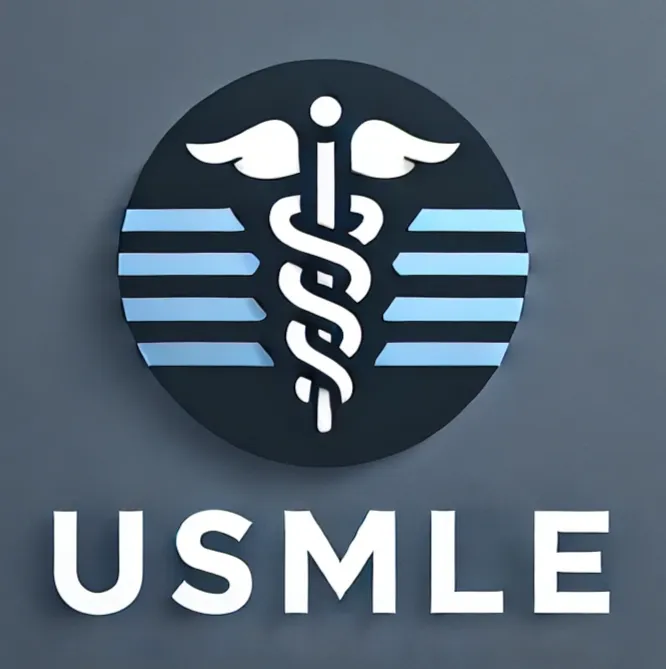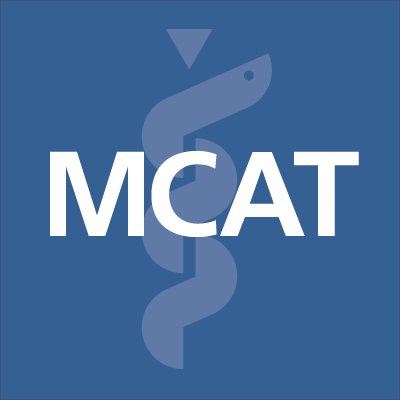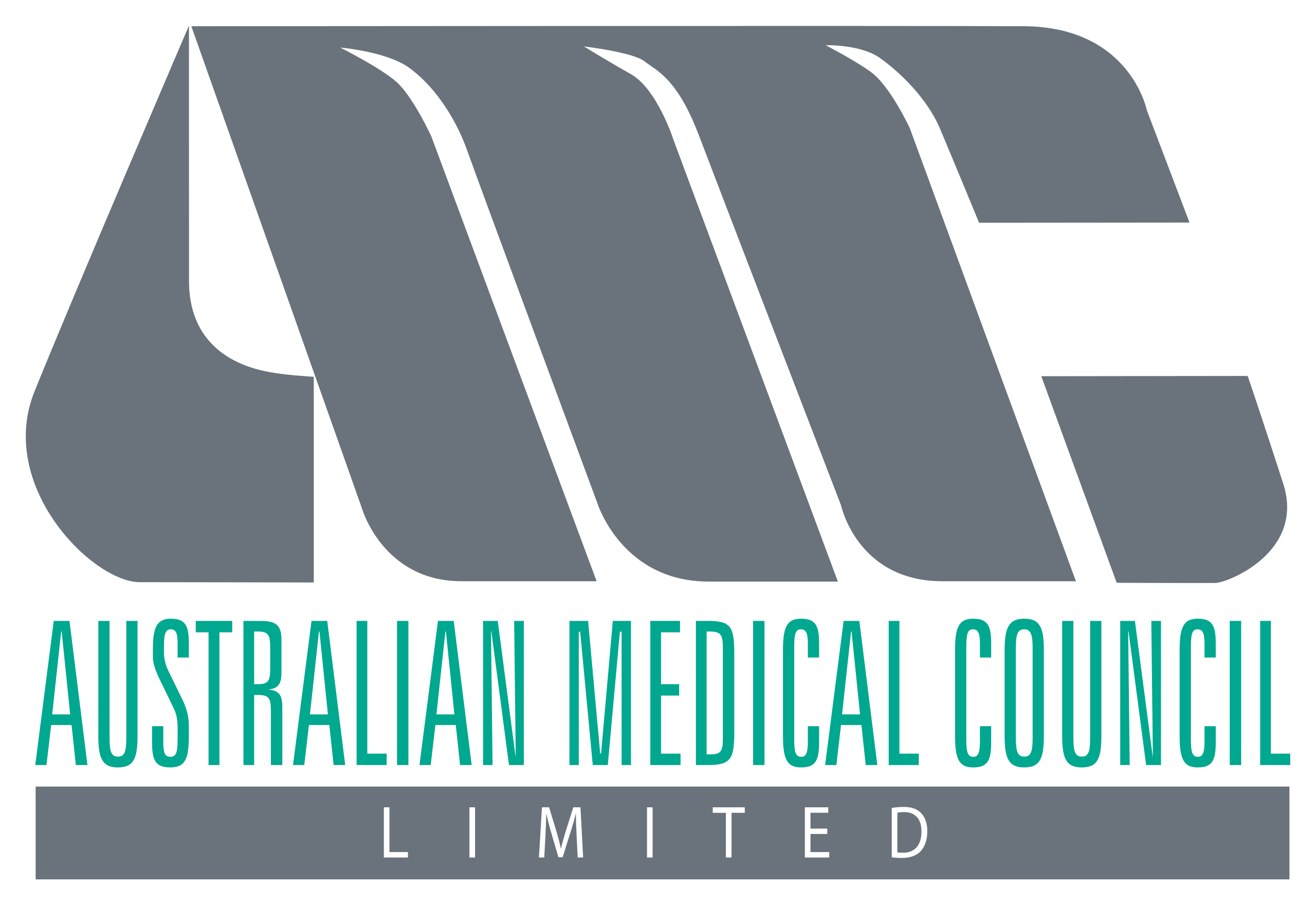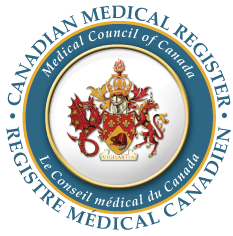Free MCQ Bank for Effective Medical Exam Preparation.
Examiro provides essential resources to support medical professionals in achieving success in their international exams. With expertly crafted question banks, study guides, and personalized guidance, Examiro empowers candidates to excel with confidence, helping them advance in their medical careers.







Your ultimate medical exam preparation assistant
Examiro provides a comprehensive and authentic MCQ bank, enabling students to effectively practice and prepare for international medical exams with real, exam-like questions.
6500+
MCQs
800+
Students
9
Exams
Welcome to Examiro.com, the premier platform for medical students and professionals preparing for prestigious international exams like USMLE, PLAB, AMC, MCCQE, MCAT, and NEET. At Examiro.com, we understand the challenges of passing competitive medical exams, and our mission is to support your success with expertly curated resources. Our extensive MCQ bank is specifically designed to simulate real exam scenarios, helping you strengthen your knowledge, improve time management, and boost your confidence. With content tailored to meet the requirements of each exam, Examiro.com provides a reliable foundation for achieving outstanding results. Whether you are preparing to excel in the USMLE, qualify for the PLAB, or succeed in exams like the AMC, MCCQE, or NEET, our platform offers the tools and guidance you need to stay ahead. Join the thousands of students worldwide who trust Examiro.com to help them pass their medical exams with ease. Start your journey toward success today!